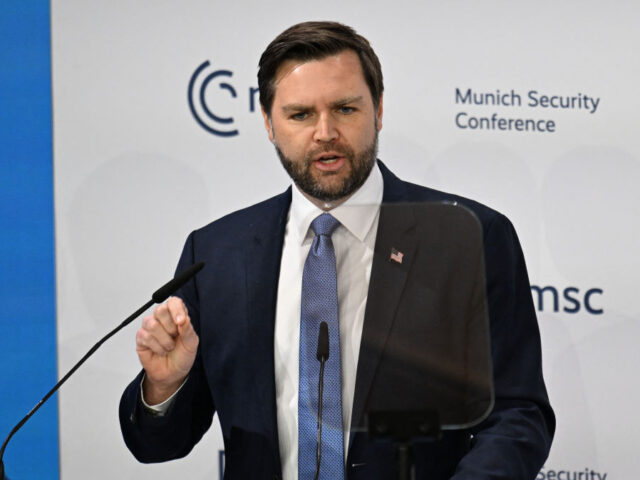
Important Takeaways:
- America finds Europe’s retreat from shared values as the continent turns away from democracy and towards censorship “shocking”, Vice President JD Vance told leaders in Germany in a hard-hitting speech.
- Europe is increasingly acting like the ‘bad guys’ in the Cold War as it turns towards censorship and fails to uphold democracy, U.S. Vice President JD Vance told a stunned hall at Germany’s major annual Munich that despite obsession among the European elite about subversion by Russia and China, actually the greatest threat to the continent is “the threat from within”.
- In a withering check-list of failures of freedom heard of by Americans coming out of Europe in recent months including an annulled election in Romania, threats of social media crackdowns against “hateful content”, and even Christians arrested for praying in public, Vance said these developments are “shocking to American ears”. He said:
- For years we’ve been told everything we fund and support is in the name of our shared democratic values. Everything from our Ukraine policy to digital censorship is billed as a defense of democracy. But when we see European courts cancelling elections and senior officials, threatening to cancel others, we have to ask if we are holding ourselves to an appropriately high standard. And I say ourselves because I fundamentally think we are on the same team. We must do more than talk about democratic values, we must live them.
- Now within living memory of many of you in this room, the Cold War positioned defenders of democracy against much more tyrannical forces on this continent. And consider the side in that fight that censored dissidents, that closed churches, that cancelled elections. Were they the good guys? Certainly not. And thank God they lost the Cold War.
- The old Soviet Union lost the Cold War because they didn’t value the “blessings of liberty”, Vance said, warning you cannot simply “mandate innovation or creativity, just as you can’t force people what to think, what to feel, what to believe”. It is not clear Europe has learned those lessons of the Cold War, he said.
- Listing the particularly egregious cases of government overreach, Vance reflected: “In Britain and across Europe free speech, I fear, is in retreat.”
- Vance’s speech was not just observation, however, and he also made an “offer” to the audience of experts, stating there is “a new sheriff in town” in the form of Donald Trump, and that he is strongly in favor of freedom of speech. He said, to an almost silent room with only scant applause from a handful: “Just as the Biden administration seemed desperate to silence people for speaking their minds, so the Trump administration will do precisely the opposite and I hope we can work together on that.”
- The speech, at the Munich Security Conference, made scant reference to the Ukraine War at all, one of the main topics of conversation hoped for by the European defense and security leaders attending the event this weekend. Doubtless this came as a shock to some given the preponderance of the conflict in the minds of attendees, but evidently saving Europe from itself is a high priority for the Trump White House.
Read the original article by clicking here.












